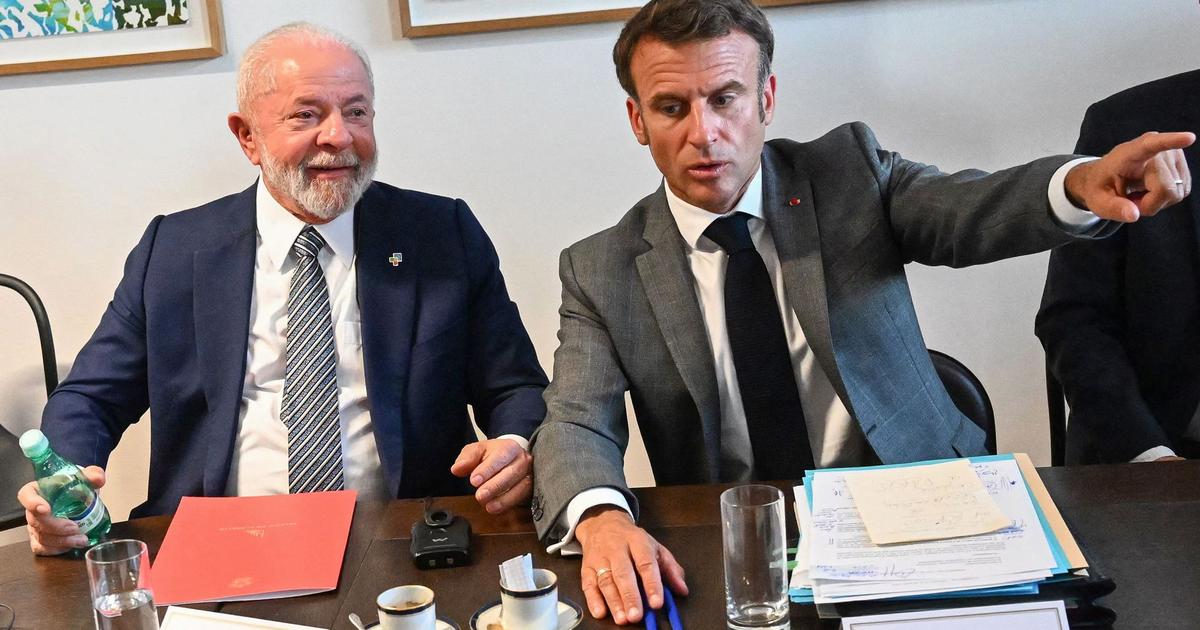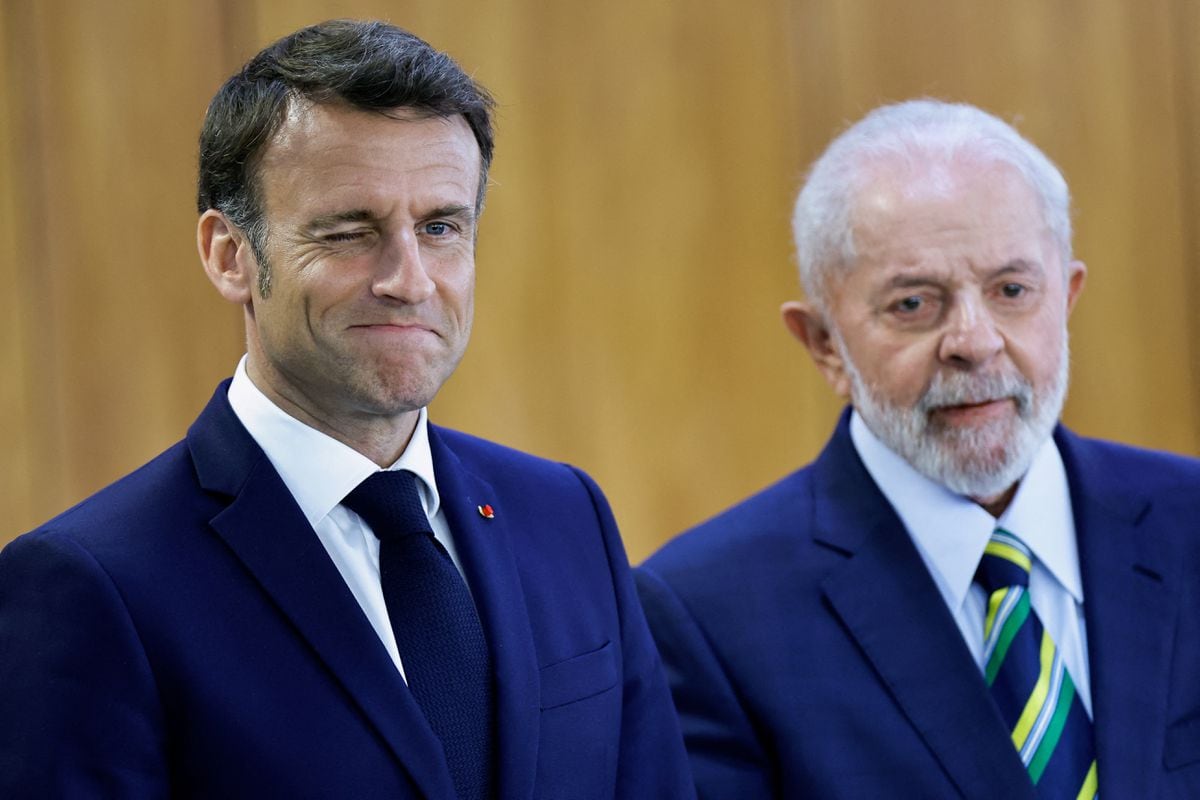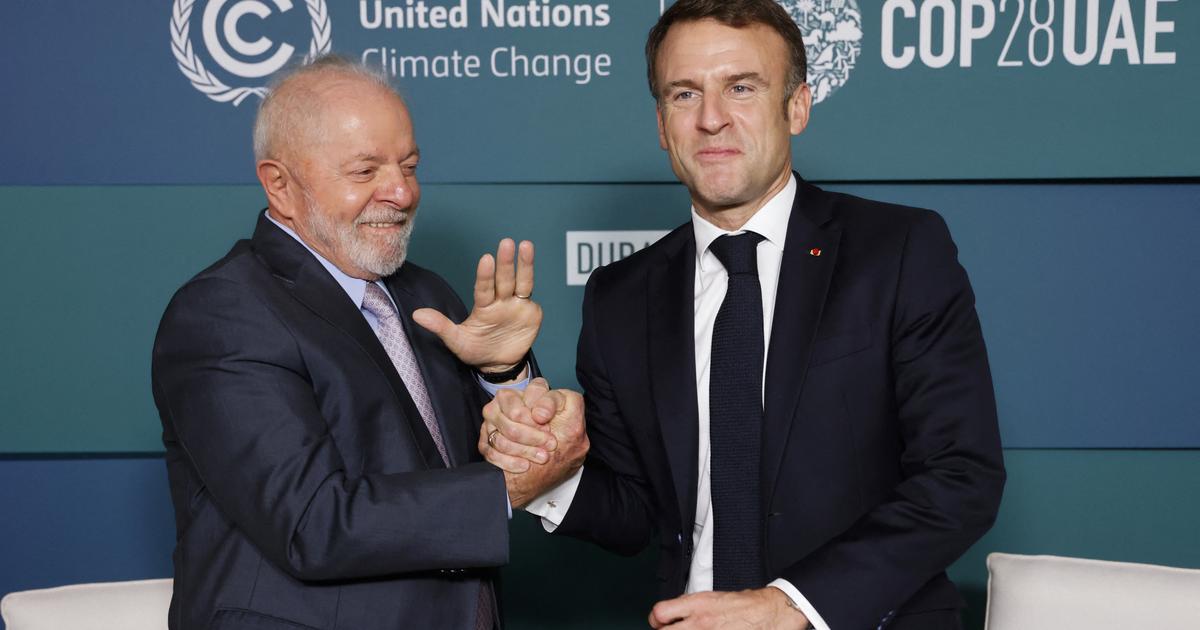President Lula announced in Montevideo, at a press conference he gave together with Uruguayan President Luis Lacalle Pou, that
the priority for Brazil is the approval and implementation of the free trade agreement between Mercosur and the European Union
(EU), sealed in 2019, adding that this does not imply ruling out a free trade agreement with China as advocated by Uruguay.
For Lula, it is just a matter of sequence: first, approve and implement the agreement with the EU, and then Mercosur as a whole must seek a pact with the People's Republic of China, the second largest economy in the world (US$ S 18 trillion/19% of global GDP), which is Brazil's main trading partner since 2009, as it is of 144 countries in the global system out of 192 represented in the United Nations.
It must be added that in the last ten years China alone, considered as an individual country, accounted for 35% of the increase in world product, and this year that percentage would climb to 40%, or more (the US accounts for 15% of the rise of the world economy).
Lula's announcement is of
enormous strategic importance for Argentina,
and due to Brazil's weight in South America and in the world - the Brazilian economy is 74% of the regional gross product -, ensures the approval and execution of the agreement with the Union Union, while obliging Argentina to support and participate in that decision in its capacity as a fundamental strategic ally of the Brazilian Federation.
Brazil has already resolved that it will execute the agreement with the European Union after the simple approval of the Congress of Brasilia, without waiting for the vote of the parliaments of the remaining countries of the bloc.
The Mercosur-EU agreement follows a procedure similar to that of the pact between Canada and the European Union, which, after being approved by the Brussels Commission, was ratified only by the Strasbourg parliament (751 seats), without the intervention of the 27 National Assemblies.
That is why the entire approval/execution process of the agreement with Canada lasted less than a year.
Brazil estimates that the agreement with the EU will increase its exports to Europe by USD 100,000 million by 2035
, accompanied by a rise in product of USD 87,500 million in 12 years.
Likewise, Brazil foresees that the agreement would imply a boom in foreign direct investment (FDI) from a European source of USD 113,000 million in that period.
It should be noted that last year Brazil attracted more than USD 90,000 million of FDI, and that it is the third country in the world in this capacity of attraction, after the US and the People's Republic.
For Argentina, specifically for agri-food production, the agreement with the EU implies that 99% of its food exports to the European market will be carried out with tariff modifications and that
87.7% of them will take place with zero tariff
,
while the remaining 17.7% You will receive preferential treatment, which means special quotas for soybeans, corn, and wheat
(the average tariff for food exports from Mercosur to Europe is 12.6%).
Argentina exported products worth USD 9.2 billion to the European market in 2018 and of that total,
63% came from agribusiness and the bioeconomy
, which are the sectors where the country has clear competitive advantages on a global scale.
In political terms,
the Mercosur-EU agreement implies a historic defeat of European agricultural protectionism
, whose axis is France and the Common Agricultural Policy (CAP), which constitutes a world event in terms of promoting free trade.
Mercosur has already become the main protein production platform of the 21st century
,
and led by Brazil and Argentina, the agreement with the EU allows it to deploy a significant part of this enormous potential.
Juan Bautista Alberdi promoted for Argentina the creation of the highest possible number of international treaties, arguing that in this way the country imported institutions from the advanced world.
For this reason,
the Mercosur-EU agreement is a quality passport
for the countries of the region to join the big leagues of international trade.








/cloudfront-eu-central-1.images.arcpublishing.com/prisa/UYB5LX3DDBAQTJNDI5EKYZLHEM.jpg)
